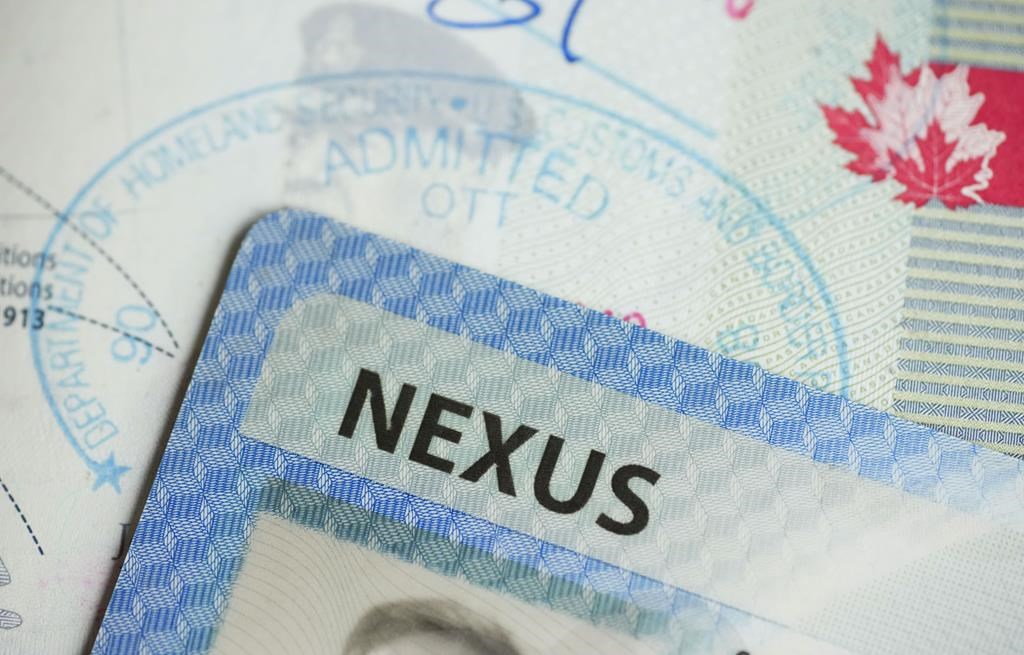Canadians seeking to renew or apply for Nexus travel cards are facing a significant change following an executive order issued by U.S. President Donald Trump. This order mandates that the American government will only recognize two gender markers: male and female. As a result, individuals applying for Nexus cards will no longer have the option to select an "X" gender marker, which has been an avenue for non-binary individuals.
The new regulations took effect in February 2025, marking a shift in the handling of gender identity within the Nexus program. New applicants, as well as those renewing their memberships, can still apply using their Canadian passports that feature the "X" gender identifier. However, they will be required to choose either "male" or "female" for their Nexus membership application, as clarified by a spokesperson from the Canada Border Services Agency (CBSA).
Current Nexus members who hold cards that identify them with a gender other than "male" or "female" will not be impacted by this change; their cards will remain valid. This distinction is important as it underscores the fact that while new applicants face increased restrictions, existing members are not subjected to retroactive policies that could invalidate their status.
Nexus is a bi-national program designed for expedited border crossings between Canada and the United States. The memberships are valid for a period of five years, facilitating smoother travel for those enrolled in the program. Nexus members benefit from quick processing at border points, making it a convenient choice for frequent travelers in North America.
It is essential to note that while the Nexus program is a joint endeavor between Canada and the U.S., operational control of the application process resides with a U.S. system managed by U.S. Customs and Border Protection (CBP). This operational framework suggests that U.S. policies and regulations will have a direct impact on terms of membership and gender identification criteria.
This development has raised concerns among advocates for gender diversity and inclusion, as it stands to affect a segment of the population that identifies outside the traditional binary genders. The decision to eliminate the "X" option from Nexus applications highlights broader issues of recognition for non-binary identities within governmental systems, particularly in the context of travel between two neighboring countries.
As these changes roll out, individuals who identify as non-binary may need to navigate the complexities of existing policies while advocating for their rights. The ramifications of this decision extend beyond mere procedural changes; they reflect ongoing societal debates about gender identity and recognition in formal documentation. The Nexus program, a tool meant to ease travel, is now entwined with legislative stances that could hinder accessibility for some travelers.










